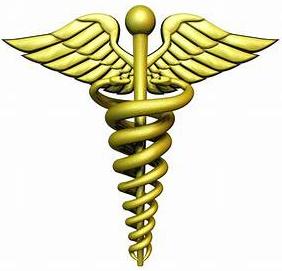By Sue Danielson, health services
The spread of coronavirus, now called COVID-19, is continuing to occur globally. As of Feb. 27, there were 82,294 confirmed cases and 2,804 deaths around the world. China accounts for 78,630 of the cases and 2,747 deaths. The U.S. currently has 14 confirmed cases, plus 45 cases of people who have been repatriated back to the U.S. from Wuhan, China, and from aboard the Diamond Princess cruise ship. Recently, Italy, Iran, South Korea, and Japan have increased their alert levels due to increases in cases of COVID-19 in these countries.
The Centers for Disease Control and Prevention (CDC) and the World Health Organization (WHO) continue to closely monitor the situation both in the U.S. and abroad. Currently the risk for COVID-19 in the U.S. remains low. There are indications that person-to-person spread is occurring, most likely between close contacts. At this time, this virus is not currently spreading in the community in the U.S.
It is understandable that you may feel stressed and anxious about the situation. It is important to get the facts to help accurately determine your risks so you can take reasonable precautions. Right now, the greatest risk of infection is for people in China or people who have traveled to China. Risk of infection is dependent on exposure. Close contacts of people who are infected are at greater risk of exposure. Outbreaks of new virus infections among people are always of public health concern. The risk from these outbreaks depends on characteristics of the virus, including how well it spreads between people, the severity of resulting illness, and the medical or other measures available to control the impact of the virus. The fact that this disease has caused illness, including illness resulting in death, and sustained person-to-person spread can be somewhat concerning.
The symptoms of COVID-19 can be mild to severe, including fever, cough, and shortness of breath. Severe complications can include pneumonia and death. There are ways to prevent and protect yourself from illness:
- Wash your hands often with soap and water for at least 20 seconds. If soap and water is not available, use an alcohol-based sanitizer that is at least 60% alcohol.
- Avoid close contact with people who are sick.
- Avoid touching your nose, eyes, and mouth with unwashed hands.
- Stay home when you are sick.
- Cover coughs and sneezes with a tissue or into the elbow, then throw tissues away.
- Clean and disinfect regularly touched objects and surfaces.
- Get the flu vaccine.
At this time, masks are not recommended for everyday use. Masks are in short supply and are needed for close contacts of infected individuals and healthcare providers. On the Viterbo University campus, we are continuing to closely work with the county health department and monitoring the situation reports of the CDC and WHO daily. Influenza is on the Viterbo campus, and it is important that we remain vigilant regarding seasonal flu and prevention measures. Flu vaccine is still available in Health Services. Click here for Viterbo's COVID-19 page.
For more information, follow these links for the CDC and WHO or contact health services at scdanielson@viterbo.edu.
https://www.who.int/emergencies/diseases/novel-coronavirus-2019

